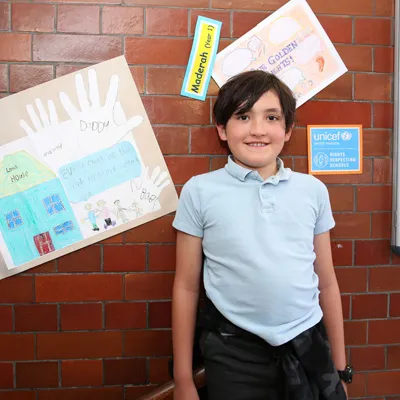
Steps to the award
Education is a key social and cultural right and plays an important role in reducing poverty and child labour. Furthermore, education promotes democracy, peace, tolerance, development and economic growth. There are a number of articles in the UN Convention on the Rights of the Child that focus on a child’s right to education.
Articles 28 and 29 of the Convention on the Rights of the Child
Articles 28 and 29 focus on a child’s right to an education and on the quality and content of education. Article 28 says that “State Parties recognise the right of children to education” and “should take all appropriate measures to ensure that school discipline is administered in a manner consistent with the child’s human dignity.” Article 29 focuses on the aims of education and says that governments agree that “the education of the child shall be directed to:
The 1990 World Declaration on Education for All described education as consisting of essential learning tools such as literacy, numeracy and problem solving combined with knowledge, skills, values and attitudes required by human beings to survive, develop potential, to improve the quality of their lives, to make informed decisions and to continue learning.
General Comment on the aims of education
In 2001, the Committee on the Rights of the Child, the body of experts that monitors the implementation of the Convention, published a paper (called a General Comment) that explained and elaborated on the right to education.
The General Comment 1 on the aims of education provides a very clear overview of what the right to education means in practice. It said that:
It’s important to remember that the Convention must be seen as a whole and so articles 28 and 29 should not be looked at or considered in isolation. Particular regard should be paid to the General Principles and other closely related articles for example: article 16 : protection of privacy, article 24 health (including health education), article 31 rest, leisure, play, recreation and culture.

Steps to the award

About the award